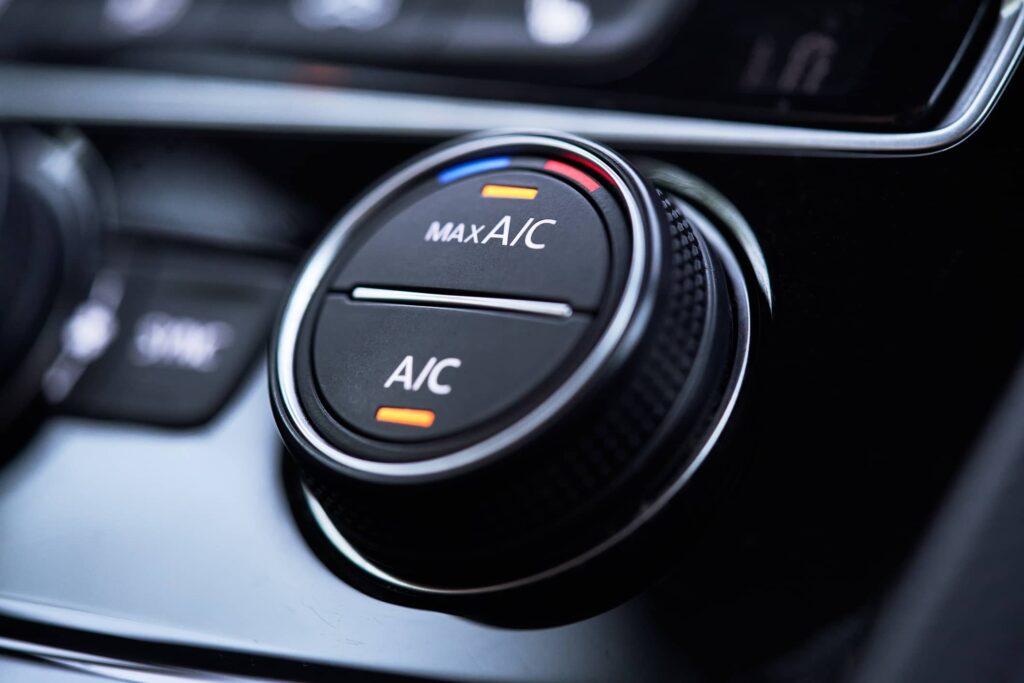
Imagine driving along and suddenly pushing down on the brake pedal and “yikes!” … you don’t stop! That is something I hope you never experience. Another very scary experience is this; you do stop but not until you slammed the pedal to the floor. This indicates a brake line leak and you need to have this taken care of immediately. Today, most cars are equipped with a brake “warning light” that will illuminate when you have a leak in your system. This alert should not be ignored or you may find yourself unable to stop at all.
Here are some signs that your brakes need attention. When you apply the brakes, you experience:
- The pedal pulses or vibrates
- A scraping noise
- Squealing occurs
- A jerky feel
- The pedal goes to the floor
Your brake system includes the following:
- Pads and shoes
- Rotors and Drums
- Calipers (disc brakes)
- Fluid
- Hardware
- Hoses and steel lines
These components work in perfect harmony to make your vehicle stop when you need to. Generally, these components don’t all fail at once but need to be maintained individually to keep them working well together. If left unattended though, the consequences aren’t good. Our technicians are here to make sure you can stop when you need to. Contact us today!







